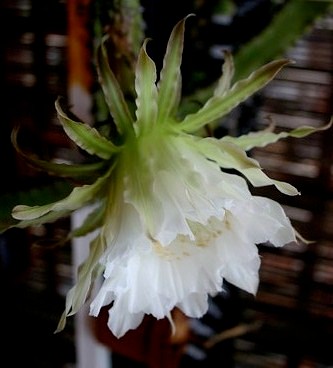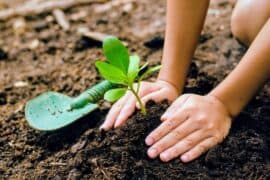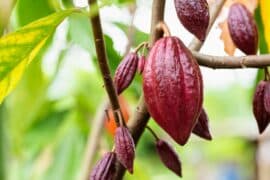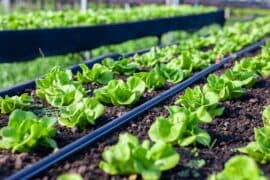Fragrant prickly apple
(Harrisia fragrans)

Description
Harrisia fragrans is a rare species of cactus known by the common name fragrant prickly apple. It is endemic to Florida, where it is known only from St. Lucie County. The plant's habitat has been almost completely consumed by development, leading to its rarity. It is a federally listed endangered species of the United States. This is an erect or spreading cactus with narrow, long stems which can well exceed one meter in length, at times approaching five meters. It is covered in long, yellow or yellow-tipped spines which may be up to 4 centimeters long. It produces enormous tubular flowers up to 20 centimeters long which are sweet-scented and white to pinkish in color. They bloom at night. The fruit is spherical and red or orange in color, measuring up to 6 centimeters wide. The fruits are a favorite food of local birds, which likely help to disperse the seeds.The cactus has been noted to live at least 19 years, and in general has low fecundity; older, larger plants are more likely to survive, and they have higher fecundity, as well.Small plants may benefit from growing with nurse plants. The plant's favored natural habitat is mostly coastal hammocks with some shade, as the cactus can become desiccated in full sun.Coastal hammocks of this kind have become uncommon as they have been cleared for development and heavily fragmented. There are ten confirmed occurrences of the plant, nine of which occur around Savannahs Preserve State Park in St. Lucie County and totalled 2150 individuals in the year 2002.The tenth confirmed occurrence is at the Canaveral National Seashore in Volusia County, and it contains about 96 plants. An occurrence has been reported in Indian River County, but it has not been confirmed. The cactus once grew in at least two places in Brevard County, but these populations have been extirpated.
Taxonomic tree:







